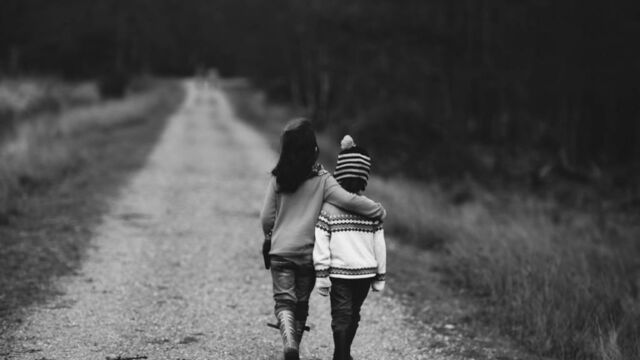A study conducted in 2016 found that in the US, one in every five adults have previously participated in non-monogamous relationships. While the stigma surrounding polyamorous relationships are slowly, but surely, reducing, eyebrows are still raised when children are brought into the equation. However, experts argue that there are benefits to raising a child in polyamorous families, and it’s no different than being raised by two loving, monogamous parents.
Discover our latest podcast
Growing up with more love, and support
A common misconception about polyamorous relationships is that individuals who are scared of commitment, gravitate towards open relationships because loyalty is a non-priority. So, how does a child fit into such a so-called casual environment?
The truth is, people who practice polygamy look for deep, valuable connections, just like any monogamous individual. Hence, a child who is part of that dynamic will be equally prioritised and loved. In fact, a child who is supported by more than two adults is likely to receive extra attention, love and support. At the end of the day, it all depends on the adults involved, and their commitment towards the child.
When in conversation with The Guardian, British psychologist, Dr. Meg John-Barker mentions:
Structures with more adults involved, and more community support around them, may well work better for many people. Of course, conscious non-monogamy isn’t necessarily any better than other models: there are problematic parenting behaviours across all relationship styles. But there’s certainly zero evidence that it is worse as a basis for childrearing than monogamy.
Children will develop valuable communication and social skills
Maria Pallotta-Chiarolli, co-author of These Are Our Children: Polyamorous Parenting, found that children who have grown up in polyamorous families have a higher level of maturity, and they are able to understand diversity in an authentic way. Given that these children already have, what is considered to be an ‘unconventional lifestyle,’ their understanding of ‘normal’ is completely different. As a result, they have anextraordinary capability to be acceptingand understanding when they encounter people from different cultural backgrounds.
Pallotta-Chiarolli says:
Research shows that most children are really happy growing up with lots of adults, in fact most kids love it. These children are more insightful and wise, and open to understanding diversity and many forms of religion and culture.















